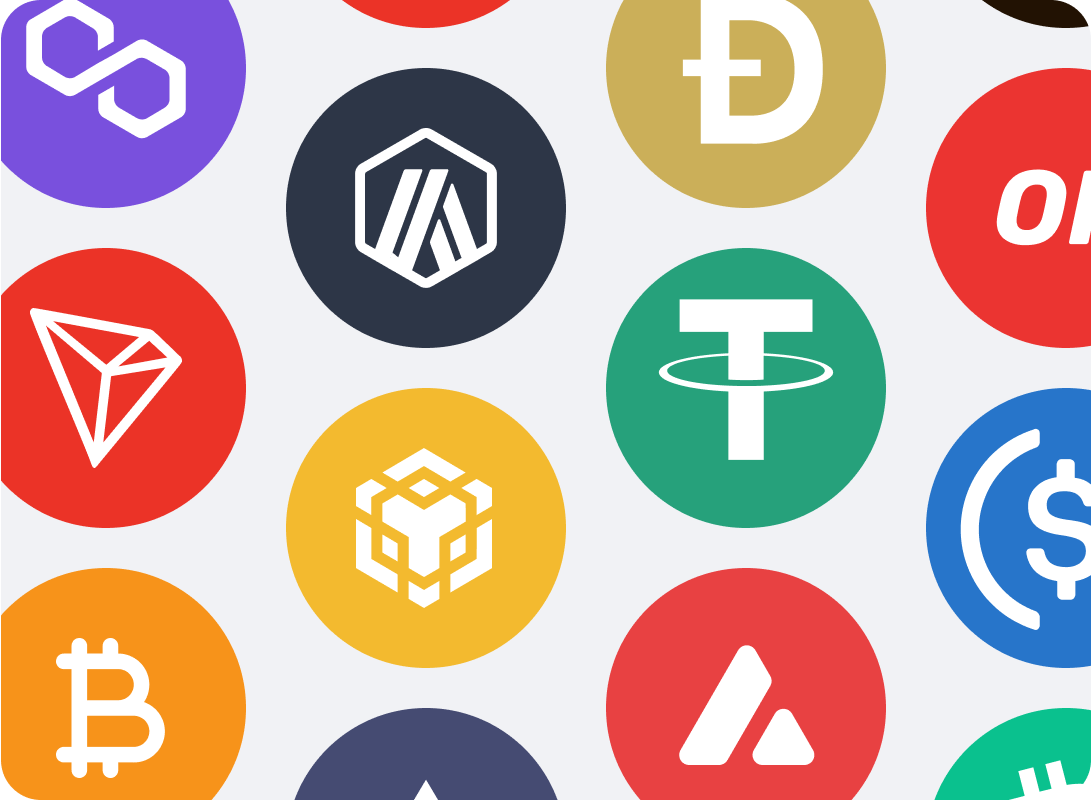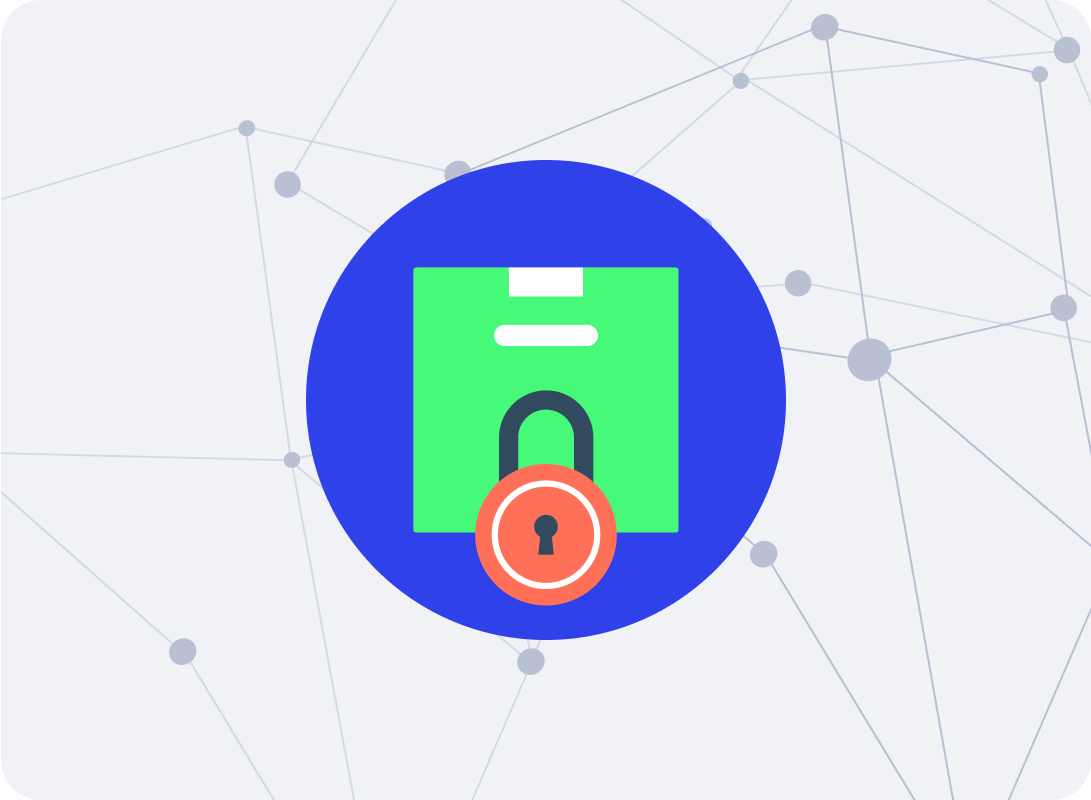TotalSig makes managing Ethereum multisigs simple and easy. There's no need to spend hours searching for new solutions and grappling with complex processes when you can achieve it with just one click. Ethereum multisigs are finally here, enhancing your team's business operations with security and convenience.
Download Wallet

How to Use Ethereum MultiSig
Ethereum MultiSig Fees
Operation costs
TotalSig
0.25 USD 97%!
Other multisigs
7.39 USD
Totalsig reduces operational costs by eliminating the need for smart contract deployment. Previously available only to large institutional players, Totalsig now makes MPC technology accessible to everyone.
Why There is Price Difference?
Unlike other solutions that rely on smart contracts, known for their complexity and high costs, TotalSig employs MPC multisigs. This newer standard, embraced by leading institutional players, significantly reduces multisig expenses and enhances the user experience.
MPC multisigs on the Ethereum network are more cost-effective compared to traditional smart contract multisigs. This is because they require only one signature per transaction, bypassing the expensive deployment of a smart contract which typically incurs a network fee of around $100.
Why Use MultiSig Wallet

Increased Security
Traditional wallets rely on a single access point, which, if breached, leaves funds vulnerable. Multisig wallets elevate security, necessitating multiple private keys for transactions. A fortified barrier, it substantially reduces the chances of unauthorized access and fund theft.

Risk Mitigation
In traditional single-key systems, if a key holder is unavailable, it can disrupt operations. Multisig addresses this risk. With multiple key holders, transactions proceed without delay, ensuring smooth business operation.

Shared Ownership
In instances where assets need collective decision-making, multisig wallets shine. By distributing control among several parties, it mandates consensus for transactions, ensuring that no single entity holds unilateral power, fostering collaboration and mutual trust.

Decentralized Organizations
Embracing the ethos of decentralization, multisig wallets cater perfectly to decentralized autonomous organizations (DAOs). With no central authority, these wallets empower collective management, ensuring that decisions and transactions echo the shared values and visions of its members.
Wallet Features
Free multisig wallets
TotalSig supports ETH, the native cryptocurrency of the Ethereum network. Transactions, whether transferring ETH, USD stablecoins, or executing smart contracts, require ETH to cover the transaction fees.

Token Support
Our multisig wallet offers support for the ERC20 and ERC721 standards, which are the predominant token formats within the Ethereum network. This ensures that any tokens adhering to these standards, whether received as part of a transaction or a smart contract execution, will seamlessly appear in your wallet.

NFT Support
TotalSig supports NFT applications, allowing you to create a treasury with your friends or business partners to easily store your Ethereum NFTs.

Best fee calculator
TotalSig provides a premium fee calculator designed to ensure you pay the least possible fees. Unlike other wallets that might place a lower priority on fee optimization, leading to possible overpayments by two to three times, TotalSig prioritizes cost efficiency, especially beneficial for Ethereum transactions.


About Ethereum
What is Ethereum?
Ethereum is a decentralized blockchain platform with smart contract capabilities, launched in 2015. It ranks as the market's second most valuable cryptocurrency platform, following Bitcoin. Proposed by Vitalik Buterin in 2013 and crowd-funded a year later, Ethereum allows for the creation and execution of decentralized applications (dApps) and smart contracts without the need for central oversight, offering protection against third-party interference.
Ethereum ecosystem
Background
Ethereum emerged as a revolutionary blockchain for smart contracts and decentralized applications (DApps). It officially launched in 2015, evolving beyond just cryptocurrency to enable a wide range of decentralized solutions.
Purpose
Ethereum's mission is to offer a platform where developers can create DApps and smart contracts without control from any central authority, promoting a new era of digital innovation across various sectors.
Coins
Ether (ETH), Ethereum's own cryptocurrency, functions as the fuel for transactions and operations within the network. Ethereum's shift to a proof-of-stake model with Ethereum 2.0 emphasizes its commitment to efficiency and environmental sustainability .
Types of Ethereum wallets
Choosing the perfect Ethereum wallet involves navigating through an array of choices tailored to different user preferences, which span across the spectrums of security, convenience, or a combination of both, each catering to distinct requirements and offering unique features.
Hardware wallet
Hardware wallets stand out as the gold standard for security among Ethereum storage solutions. These tangible devices ensure your Ethereum's private keys remain offline, safeguarded from the omnipresent threats of the internet. Engaging in transactions necessitates the physical connection of the device to a computer or smartphone, marrying high security with user-friendly interfaces protected by pins or passwords.
Despite their robust security, hardware wallets introduce considerations regarding cost and convenience. The necessity to connect the device for transactions can be cumbersome for users frequently accessing their digital assets. Additionally, the price point of these devices, which can range significantly, may pose a barrier to entry for some users.
Web wallet
Web wallets, accessible through browser extensions or dedicated websites, represent the pinnacle of convenience in the Ethereum wallet ecosystem. They eliminate the need for cumbersome downloads or installations, streamlining the setup process to mere account creation and pin setup. Designed for users prioritizing ease of access and regular transactions, web wallets, however, come with their own set of vulnerabilities.
The online nature of these wallets increases susceptibility to cyber-attacks, with the centralized storage of information on servers presenting a lucrative target for hackers. Users should exercise caution, particularly with custodial web wallets, where control over private keys may be relinquished, potentially compromising security.
Desktop wallets
Desktop wallets offer a blend of accessibility and security, functioning as software installed directly on the user's computer. This wallet type stores private keys on the user's device, providing a secure storage solution when the device is offline, akin to hardware wallets. However, the persistent internet connection required for desktop wallets to operate introduces risks, including vulnerability to viruses or targeted cyber-attacks.
Nonetheless, when used judiciously—with the computer maintained offline except for occasional transactions—desktop wallets can serve as a fortress for your Ethereum assets. Solutions like Guarda wallet and Atomic Wallet exemplify the potential of desktop wallets to combine security with user-friendly interfaces.
Frequently Asked Questions
Simply donwload the app an follow the onboarding process to create or connect your wallets.
MPC (Multi-Party Computation) multisig wallets utilize cryptographic protocols to enable multiple parties to collaboratively create and manage private keys without ever sharing the complete key. This allows for secure transaction signing without exposing sensitive information.
Our platform utilizes MPC multisig and advanced security features to protect your assets.
We support multiple blockchains including: Bitcoin BTC, Ethereum ETH, Tron TRX, Solana SOL, Litecoin LTC, BNB Smart Chain BNB, Tether USDT, Dai token DAI, NFT NFT, Polygon MATIC, Arbitrum ARB, Avalanche AVAX, Bitcoin Cash BCH, Dogecoin DOGE, Optimism OP. See full list of supported coins and tokens here